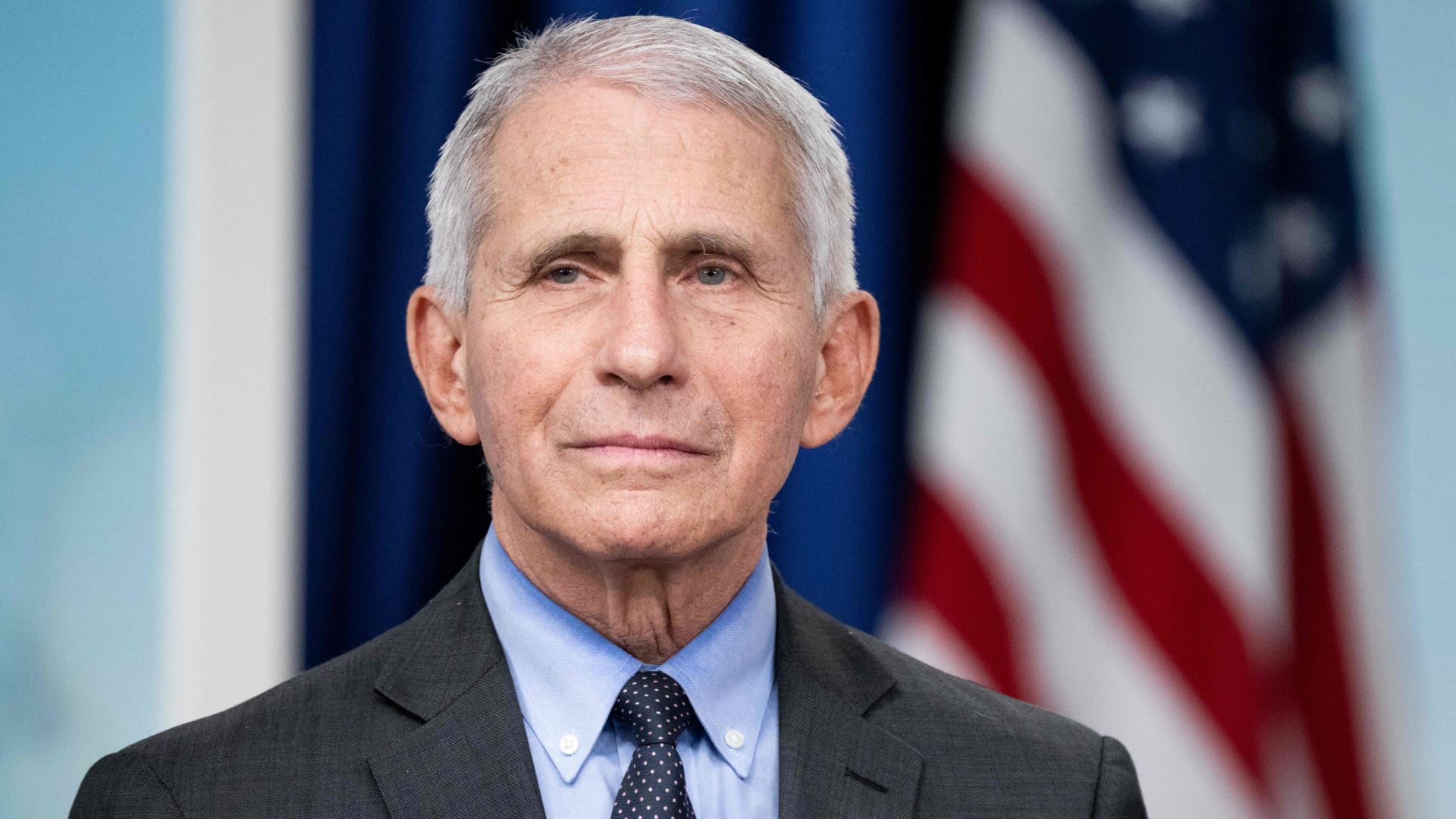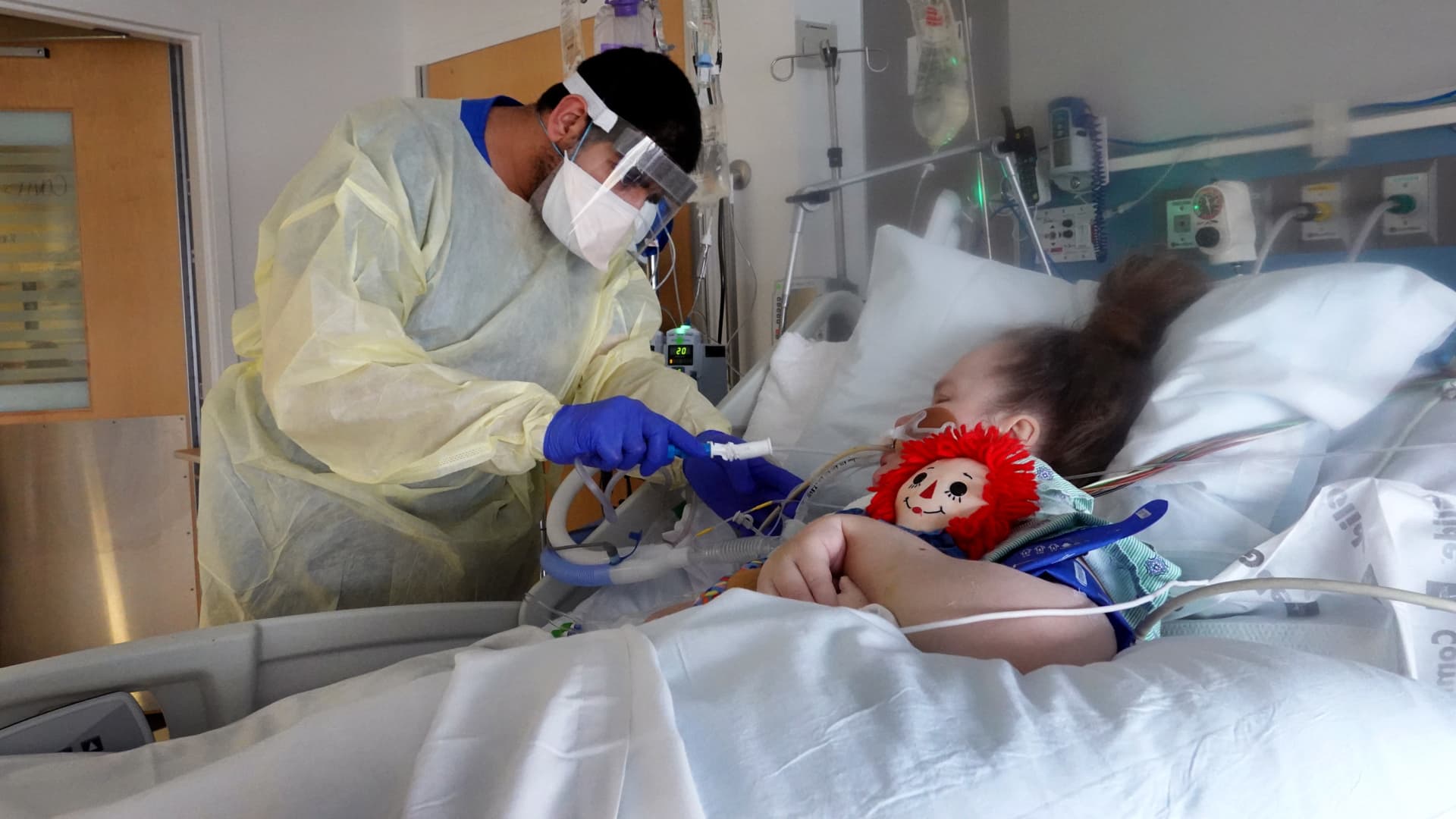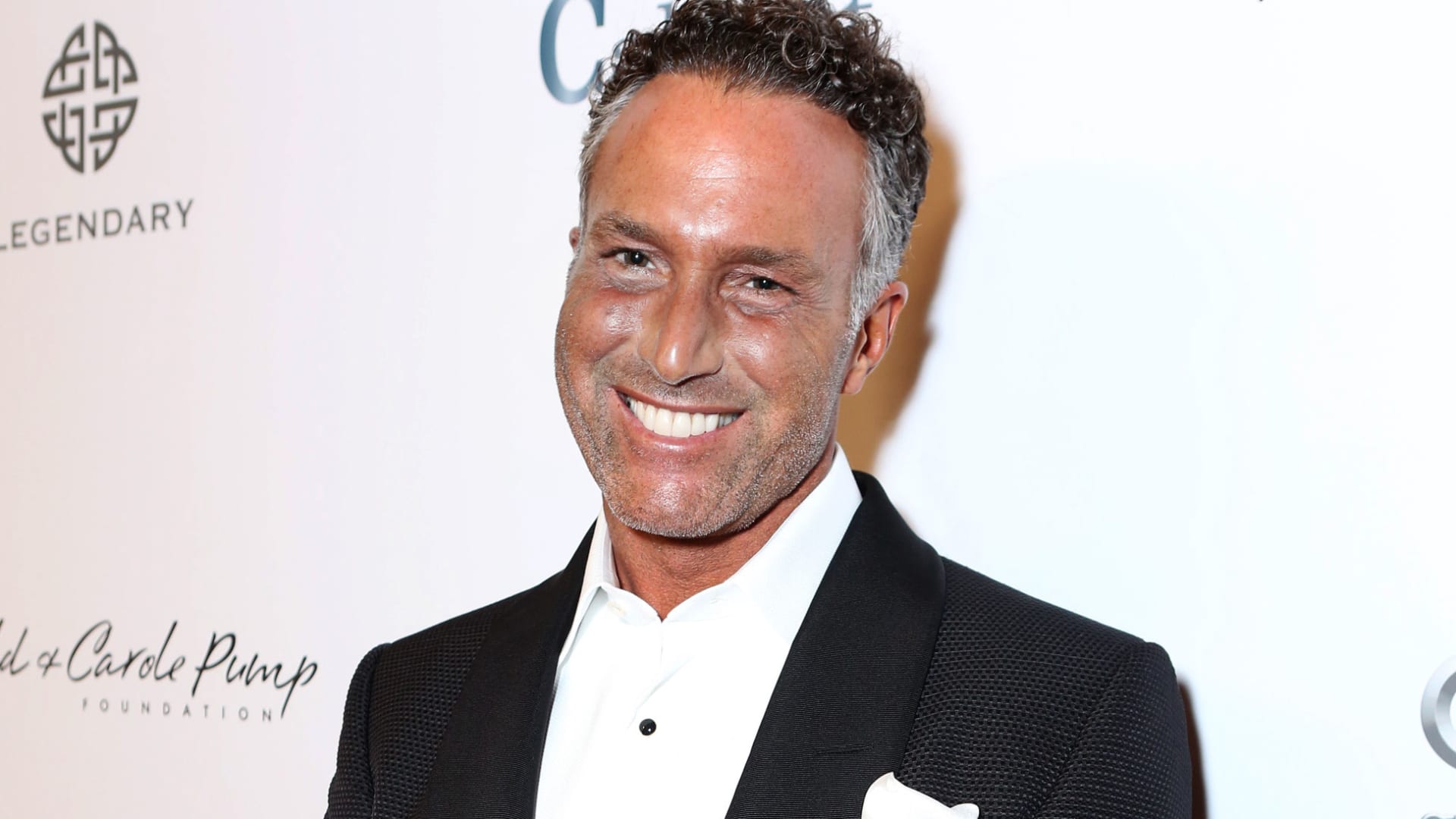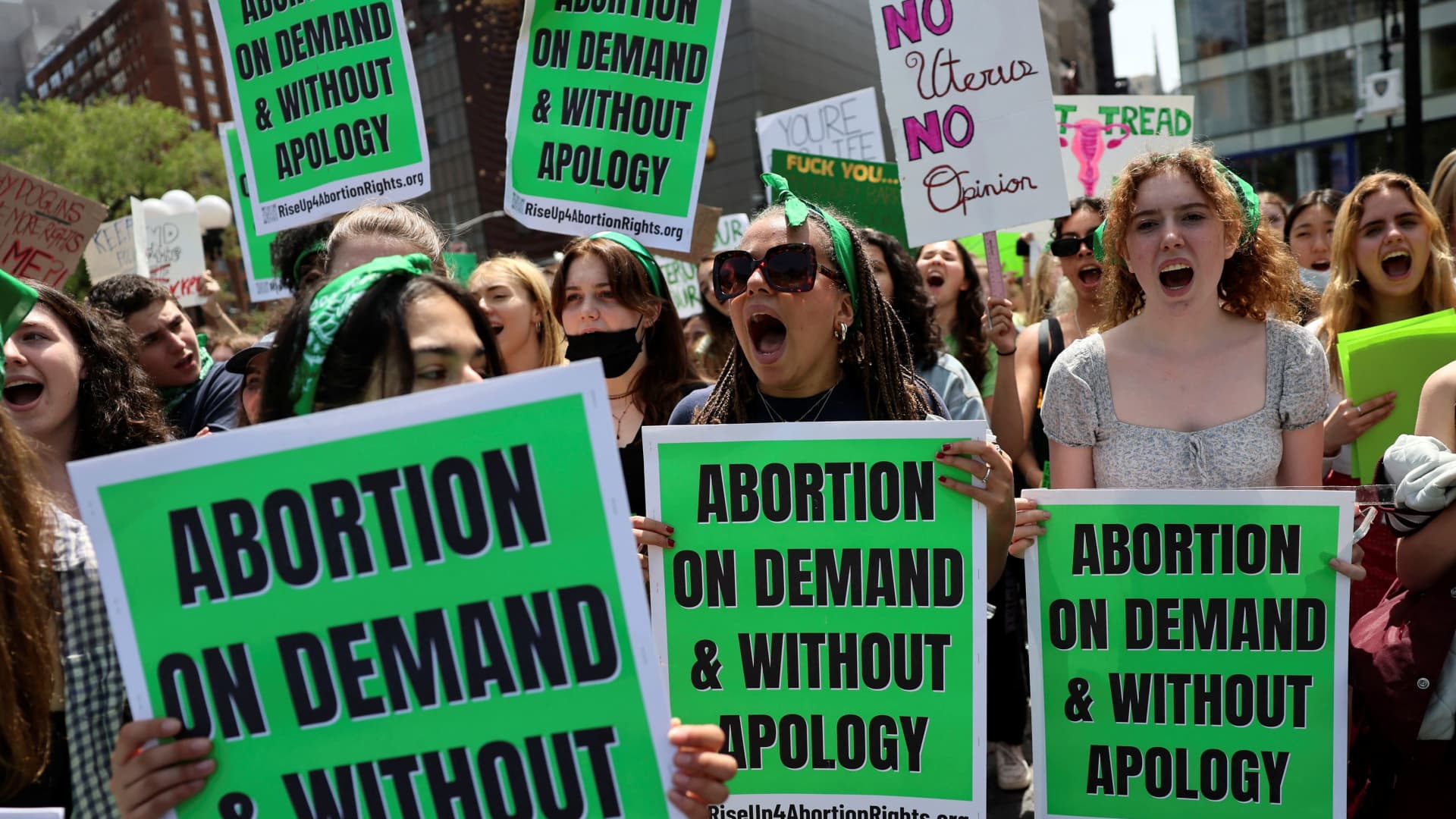House GOP asks Fauci and dozens of health officials to testify in investigation into Covid origins
Fauci said in November that he would cooperate with any oversight hearing in the Republican-led House.

Dr. Anthony Fauci, White House Chief Medical Advisor and Director of the National Institute of Allergy and Infectious Diseases, attends an event with First Lady Jill Biden to urge Americans to get vaccinated ahead of the holiday season, during a COVID-19 virtual event with AARP in the Eisenhower Executive Office Building in Washington, DC, December 9, 2022.
Saul Loeb | AFP | Getty Images
House Republicans have asked former White House chief medical advisor Dr. Anthony to testify before Congress as they launch a new investigation into the origins of the Covid-19 pandemic.
The GOP leaders of the Select Subcommittee on the Coronavirus Pandemic and Committee on Oversight and Accountability sent a letter to Fauci on Monday requesting a transcribed interview. Fauci said in November that he would cooperate with any oversight hearing in the Republican-led House.
"If there are oversight hearings I absolutely will cooperate fully and testify before the Congress," Fauci told reporters during his final briefing at the White House. "I have no trouble testifying — we can defend and explain everything that we've said."
Fauci, one of the nation's top infectious disease experts, was the public face of the U.S. pandemic response during the Trump and Biden administration. He stepped down from his posts at the White House and at the helm of the National Institute of Allergy and Infectious Diseases in December.
House Republicans also sent letters requesting testimony from EcoHealth Alliance President Dr. Peter Daszak and former National Institutes of Health Director Dr. Francis Collins. EcoHealth Alliance provided funding, which originated at NIH, to the Wuhan Institute of Virology to study coronaviruses.
The inspector general at the Health and Human Services Department found that EcoHealth Alliance received about $8 million in funding from NIH during 2014 through 2021, according to a report published last month. About $600,000 of that money went directly to the Wuhan Institute of Virology to study the threat posed by bat coronaviruses.
The study of bat coronaviruses at the virology institute in Wuhan, China, the city where the pandemic first began, has raised suspicions among some scientists and investigators that Covid-19 could have escaped from a lab. But Fauci, Collins and many others have maintained that a natural origin in which the virus spilled over from bats through an intermediate animal into people is more likely.
"The vast evidence from other perspectives says no, this was a naturally occurring virus," Collins told CNBC's "Squawk Box" in 2021. "Not to say that it could not have been under study secretly at the Wuhan Institute of Virology and got out of there, we don't know about that. But the virus itself does not have the earmarks of having been created intentionally by human work."
In 2021, President Joe Biden ordered U.S. intelligence agencies to provide their analysis on how the pandemic began. Four agencies assessed with low confidence that the pandemic began through natural exposure, while one assessed it was the result of a lab accident. Three other agencies could not agree on either explanation.
House Republicans on Monday also sent a letter to Director of National Intelligence Avril Haines requesting classified briefings with seven intelligence and law enforcement agencies including the Central Intelligence Agency, Defense Intelligence Agency, National Security Agency and Federal Bureau of Investigation.
They also sent a letter to Health Secretary Xavier Becerra requesting interviews with more than two dozen U.S. health officials.
Republicans, who won control of the House with a narrow margin in last November's midterms, had vowed to launch several investigations into the pandemic's origins, the federal response, and how taxpayer money was spent.
"This investigation must begin with where and how this virus came about so that we can attempt to predict, prepare or prevent it from happening again," Rep. Brad Wenstrup, R-Ohio, chair of Select Subcommittee on the Coronavirus Pandemic, said in a statement.

 Tfoso
Tfoso 
































